Dog / Detail
A Tale of Two Tails: Big Dogs with Tiny Personalities and Small Dogs with Giant Bark
Jonathan Bennet | 24 August 2024 | 12:05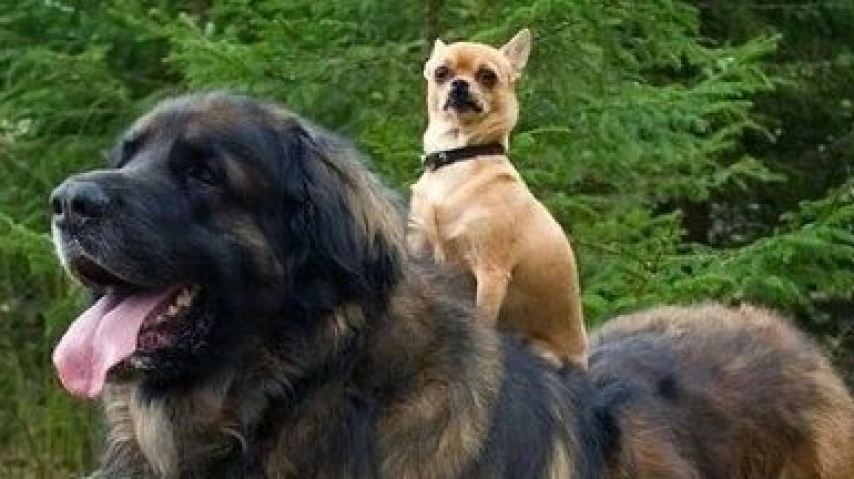
The world of canine companions is a fascinating tapestry woven with a myriad of breeds, each with its unique characteristics. From the towering Great Dane to the diminutive Chihuahua, dogs come in all shapes and sizes. But it's not just their physical attributes that set them apart; their personalities, too, can defy expectations.

Big Dogs with Tiny Personalities: Gentle Giants
One of the most delightful surprises in the canine world is the gentle giant. These large breeds, often associated with strength and power, can possess surprisingly sweet and docile temperaments.

The Great Dane, for example, is often depicted as a fearsome beast, yet many Great Danes are known for their gentle, affectionate nature. They often have a playful and goofy side, making them wonderful family companions.
Similarly, the Newfoundland, a massive breed with a thick, water-resistant coat, is renowned for its gentle disposition. Often called "nanny dogs", Newfoundlands are known for their love of children and their protective instincts. Their gentle nature and calm demeanor make them ideal companions for families with young children.
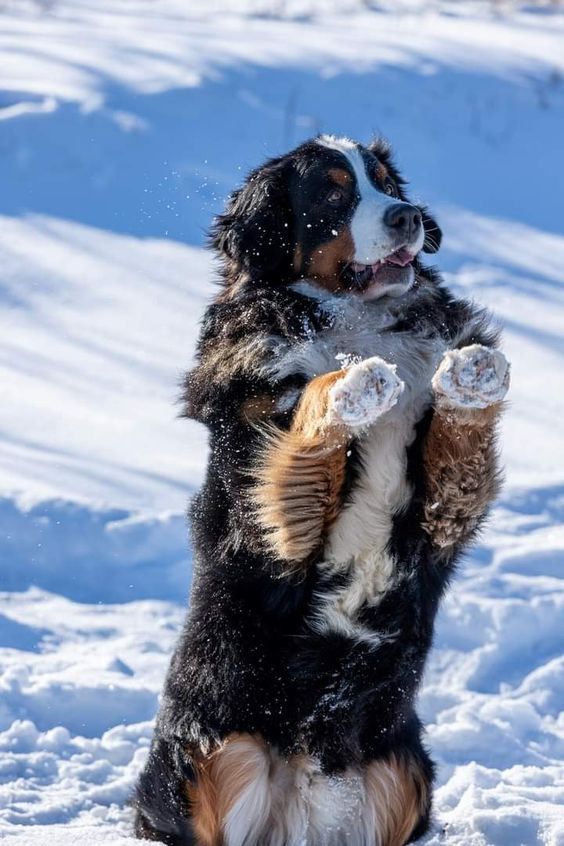
The Bernese Mountain Dog, another large breed with a teddy bear-like appearance, is also known for its gentle and affectionate nature.
These dogs are often described as "gentle giants" due to their size and temperament. They are known for their loyalty, patience, and love of children.
Small Dogs with Giant Bark: Vocal Shepherds
While large breeds often surprise us with their gentle nature, small breeds can also defy expectations. Some small dogs, despite their diminutive size, possess a surprisingly strong herding instinct and a vocal nature. The Jack Russell Terrier, for example, is a small but feisty breed known for its herding abilities and its tendency to bark at anything that moves.
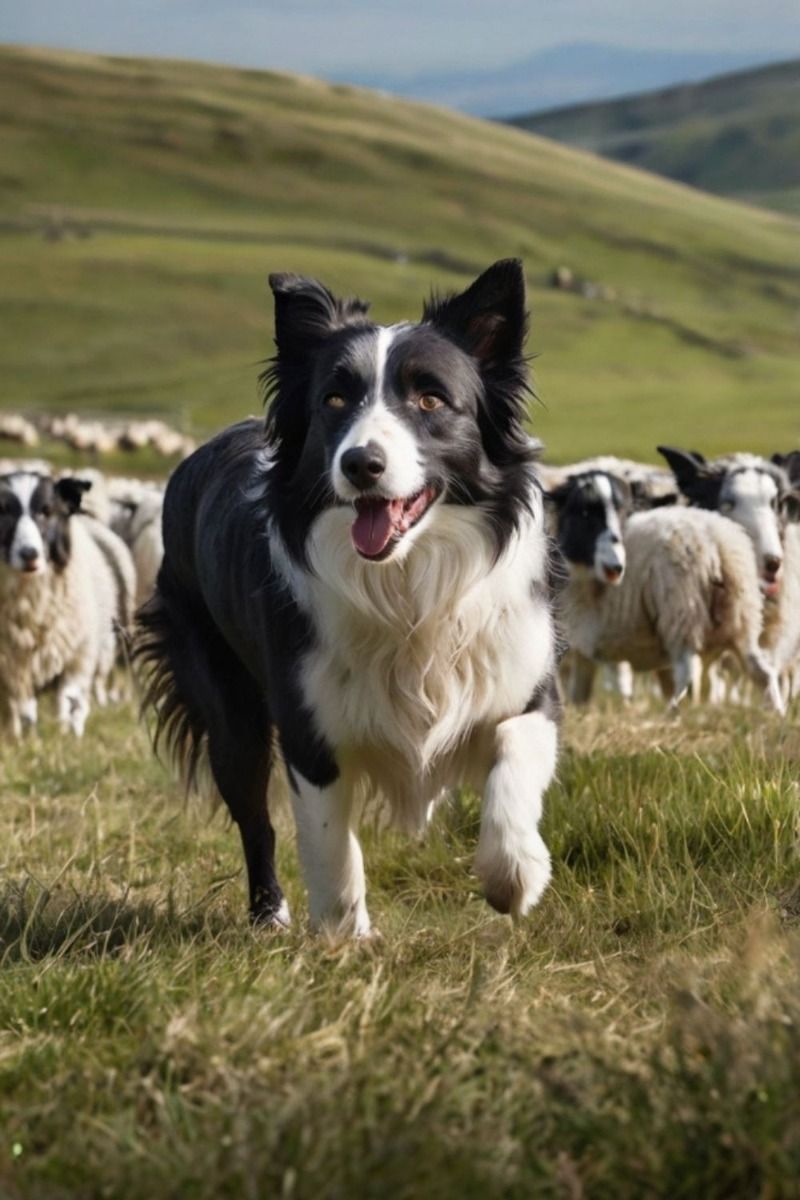
The Border Collie, while often associated with its herding abilities, can also come in a miniature version. These small Border Collies retain the herding instinct of their larger counterparts, often displaying a strong desire to control and direct their environment. They are also known for their intelligence and their ability to learn complex tasks.
The Australian Shepherd, another breed often associated with herding, can also come in a miniature size. These small Australian Shepherds are known for their energy, intelligence, and herding instincts. They are often described as "big dogs in small bodies" due to their active and alert nature.
Why Dogs Have These Uniqueness
The unique personalities of dogs are a result of a complex interplay of genetic factors, environmental influences, and individual experiences. Breed-specific traits can be passed down through generations, while environmental factors, such as socialization and training, can shape a dog's personality.
Additionally, individual experiences can play a significant role in a dog's development. Early socialization and training can help to shape a dog's behaviour and temperament.
Negative experiences, such as abuse or neglect, can also have a lasting impact on a dog's personality.
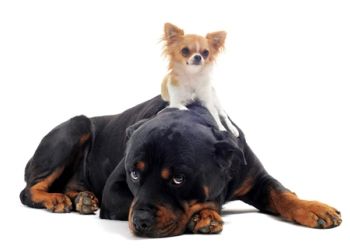
Treating Dogs Based on Behaviour, Not Size
When it comes to caring for dogs, it's important to focus on their individual behaviour and personalities, rather than relying on stereotypes based on breed or size. A gentle giant may require different training techniques than a vocal shepherd, and a small dog may have different needs than a large breed.
By understanding a dog's unique personality and behaviour, we can provide them with the care and attention they need to thrive. This may involve providing specific training, socialization, or enrichment activities.
In conclusion, the canine world is a fascinating place filled with a diverse array of breeds, each with its unique personality and characteristics. From gentle giants to vocal shepherds, dogs can surprise us with their unexpected traits.
By understanding these unique qualities and providing them with the care and attention they need, we can foster a deep and meaningful bond with our canine companions.
Related
-

The Healing Power of Dogs: How Canine Therapy is Revolutionizing Mental Health and Boosting Positive Energy in Humans
Dog14 November 2024
-

A Pawsitive History: Dogs of Nuremberg
Dog09 November 2024
-

The Role of Oxytocin in the Human-Dog Bond: The Science Behind Our Deep Connection
Dog06 November 2024
-
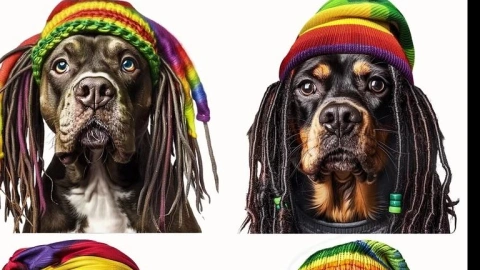
Beyond the Beach: Jamaica's Dog Lovers
Dog29 October 2024
-

A Dog's Delights: Homemade Snacks for Our Furry Babies, Recipes Included!
Dog29 October 2024
-
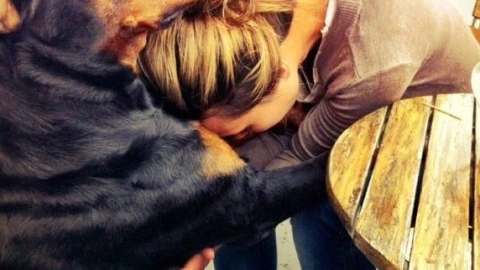
A Dog's Disorientation: Understanding Your Dogs' Wanderlust
Dog29 October 2024
Popular
-

-

A Pawsitive History: Dogs of Nuremberg
09 November 2024 -

-

Beyond the Beach: Jamaica's Dog Lovers
29 October 2024 -
